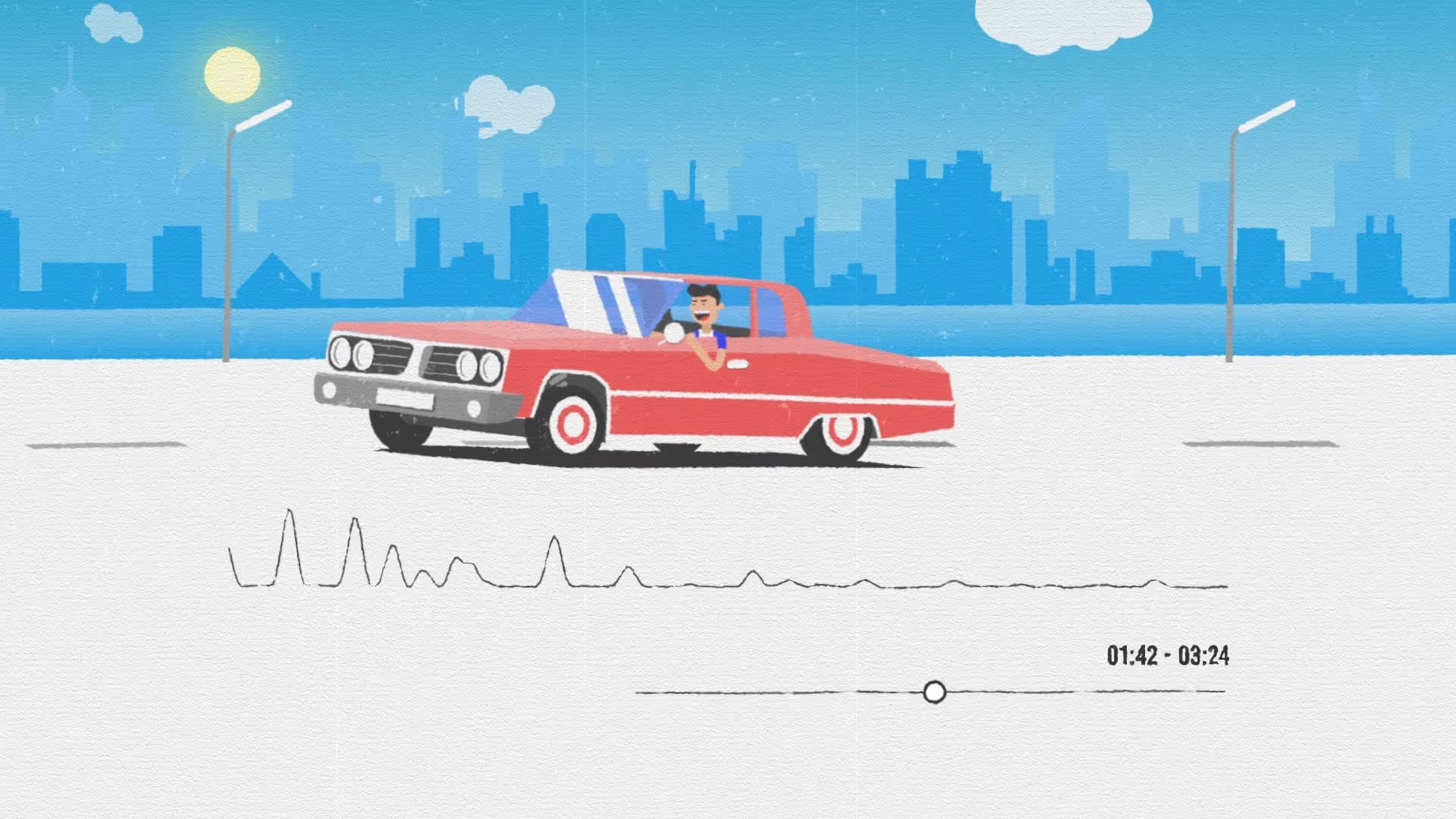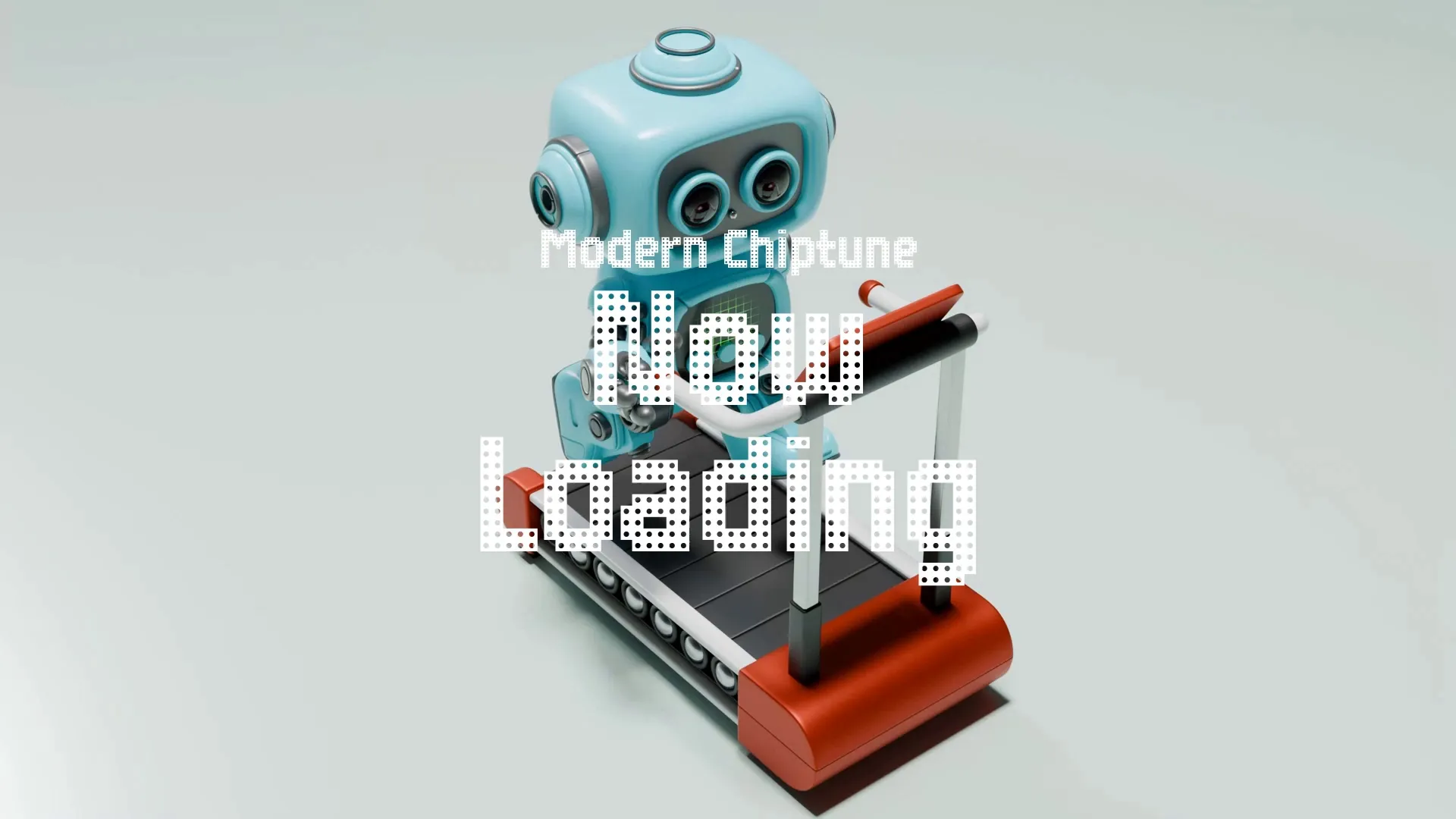How to Avoid Indie Dev Crunch: Strategies for Sustainable Game Development & Wellbeing
Indie game development often romanticizes long hours, but crunch culture is unsustainable. It leads to burnout, compromises game quality, and damages mental health. Sustainable development requires proactive strategies to protect your wellbeing and project. This article outlines practical steps to maintain balance and productivity without sacrificing your health.
Define Realistic Scope and Milestones
Over-scoping is a primary driver of crunch. Start with a minimum viable product (MVP) and resist feature creep. Clearly define what constitutes ‘done’ for each milestone before you begin.
Break your project into small, manageable tasks. Use a dedicated task tracker like Momentum to organize and track progress effectively. This helps visualize your workload and prevents overwhelming yourself with an undefined future.
Master Your Production Pipeline
Efficient workflows are critical for preventing bottlenecks. Standardize your asset creation, integration, and testing processes. Invest time in setting up robust development environments.
Consider how cross-platform development challenges might impact your timeline. Plan for platform-specific optimizations early to avoid last-minute rework. Effective game asset library management tools can also streamline your workflow, reducing time spent searching for or re-creating assets.
Prioritize and Be Ruthless with Features
Not every idea needs to be in the initial release. Prioritize features based on their impact on core gameplay and player experience. Be prepared to cut features that do not directly serve the game’s vision or fit within the timeline.
Iterative development with frequent playtesting helps validate core mechanics early. This allows you to identify and address issues before they become major roadblocks.
Implement Smart Scheduling and Buffer Time
Always build buffer time into your schedule. Unexpected issues will arise, and a realistic schedule accounts for them. Avoid scheduling every hour of every day.
Limit your daily work hours and stick to them. Treat game development like a marathon, not a sprint. Consistent, focused effort over time yields better results than sporadic bursts of intense labor.
Delegate or Outsource Wisely
If working with a team, delegate tasks based on individual strengths. Clear communication and defined responsibilities prevent duplicated effort or dropped tasks. For solo developers, identify areas where outsourcing can save significant time and stress.
Consider using pre-made assets from platforms like Strafekit for common elements. This frees up your time for unique game features and core development. Leveraging existing resources is a smart way to manage workload.
Cultivate Personal Wellbeing
Your health is your most important asset. Schedule regular breaks, exercise, and ensure adequate sleep. Disconnecting from your project is essential for mental clarity and renewed creativity.
Reflect on your progress and challenges regularly. Tools like Wayline’s Journal can provide AI feedback to help you stay focused and motivated. Understanding your personal limits is key to avoiding burnout.
Create a free account, or log in.
Gain access to free articles, game development tools, and game assets.























